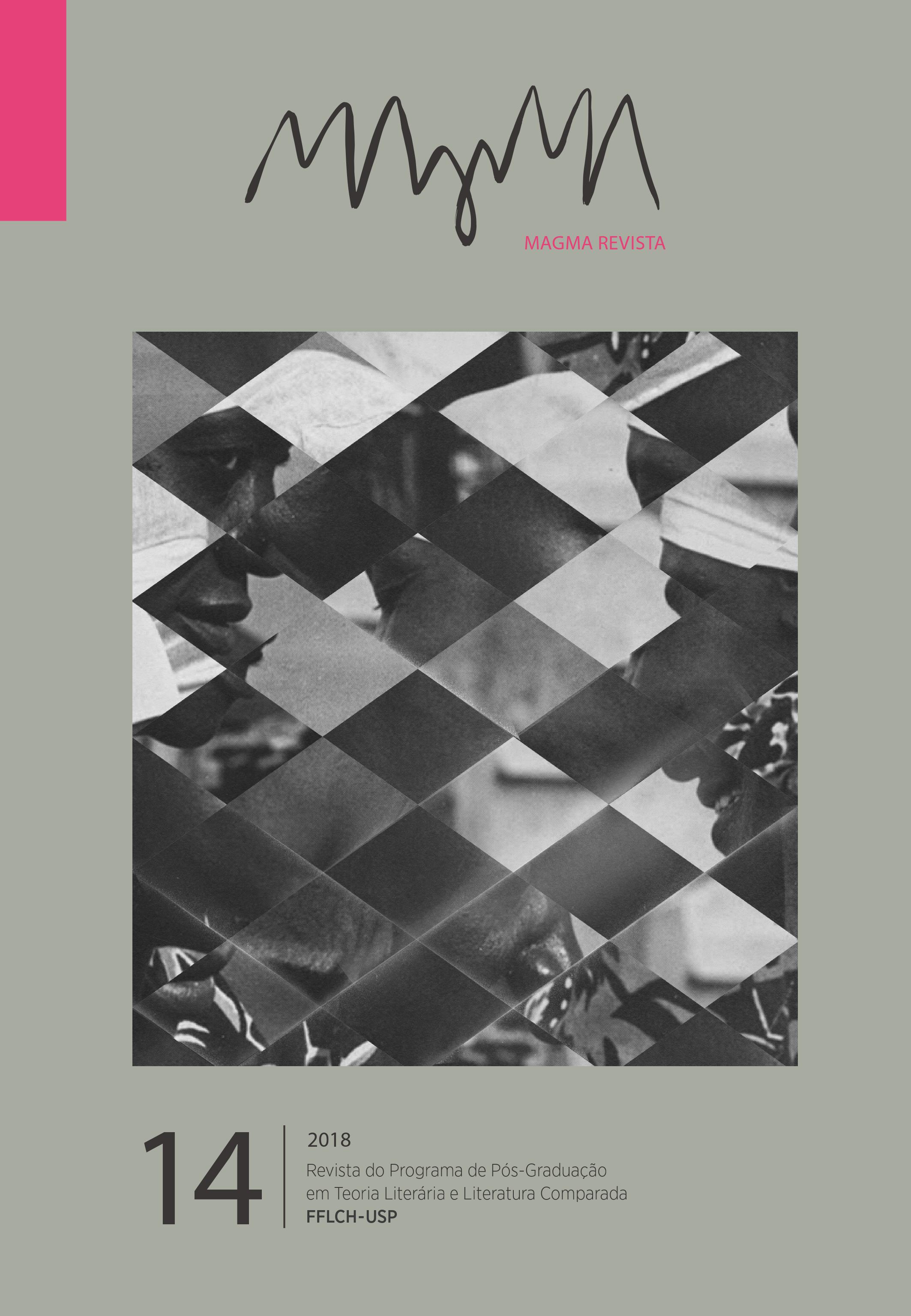Influxos políticos em Parque industrial: a forma literária da dissidência
DOI:
https://doi.org/10.11606/issn.2448-1769.mag.2018.154406Keywords:
modernism, Patrícia Galvão, proletarian novel, socialist realism, anarchism, Rosa Luzemburgo, Rosa LuxemburgoAbstract
This article explores the main guidelines that go through the aesthetics makings of Patrícia Galvão’s novel Parque Industrial, focusing on its political aspects. The work´s overall politically motivated tone tends to generate a certain discomfort on its readers, including the writer`s admirers, because its political commitment is viewed sometimes as sheer propaganda and other times as intellectual submission. Nevertheless, the analysis of the work`s programmatic bias and contradictions reveals critical choices hitherto hardly noticed. We will review then some features of the socialist realism, an aesthetics that was rising during the period in which the book was written, and emphasize the differences between its traits and the work under examination. We will also establish a relationship, rarely perceived by the critical studies, between the main characteristics of the anarchist`s literary production from the beginning of the 20th century and Galvão's novel. Finally, we will examine a decisive excerpt from the novel in order to highlight the unforeseen reception of Rosa Luxemburg's thought in Brazil.
Downloads
Downloads
Published
Issue
Section
License
Autores que publicam nesta revista concordam com os seguintes termos:
- Autores mantém os direitos autorais e concedem à revista o direito de primeira publicação, com o trabalho simultaneamente licenciado sob a Licença Creative Commons Attribution CC-BY-NC-ND que permite o compartilhamento do trabalho com reconhecimento da autoria e publicação inicial nesta revista.
- Autores têm autorização para assumir contratos adicionais separadamente, para distribuição não-exclusiva da versão do trabalho publicada nesta revista (ex.: publicar em repositório institucional ou como capítulo de livro), com reconhecimento de autoria e publicação inicial nesta revista.
- Autores têm permissão e são estimulados a publicar e distribuir seu trabalho online (ex.: em repositórios institucionais ou na sua página pessoal) a qualquer ponto antes ou durante o processo editorial, já que isso pode gerar alterações produtivas, bem como aumentar o impacto e a citação do trabalho publicado (Veja O Efeito do Acesso Livre).



